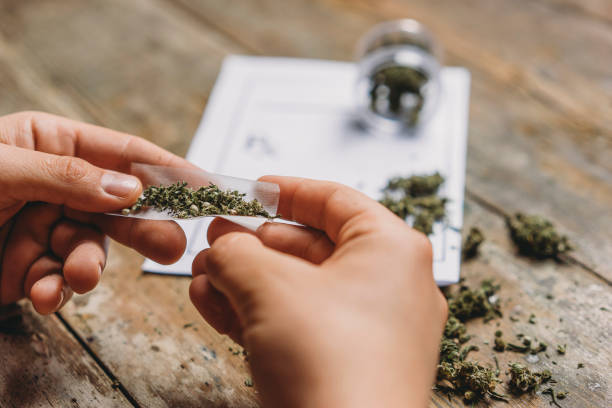The legalization of recreational cannabis undoubtedly had an impact on the medical market. With the recreational industry offering a wide variety of products and easier access for consumers, some feared that medical marijuana would become obsolete.
However, medical cannabis still holds relevance for many patients in Washington State, especially with dispensaries like Seattle Cannabis Co providing specialized products and personalized care tailored to patients’ specific needs. Furthermore, medical cannabis patients may have access to larger purchase limits and lower tax rates compared to recreational users.
In the evolving landscape of cannabis access in Washington State, concerns persist regarding the accessibility and affordability of cannabis products for patients. While recreational dispensaries are plentiful in urban areas, patients in rural or underserved communities may encounter challenges in accessing suitable products and guidance for their medical needs.
However, a notable development in the industry is the emergence of medically endorsed recreational dispensaries, including Seattle Cannabis Co. These establishments offer specialized services, including access to medical cannabis consultants who can assist patients in obtaining medical marijuana authorization cards, adding them to the state database, and providing tailored product recommendations to address their specific needs. This evolution aims to bridge the gap between recreational and medical cannabis markets, ensuring that patients have access to the resources and support needed to manage their health effectively.
Additionally, the cost of medical cannabis can be significantly lower for patients due to tax exemptions. In Washington State, medical marijuana patients with valid authorization from a healthcare practitioner are exempt from paying sales tax on cannabis purchases, which can result in substantial savings over time.
Patients registered in the state database benefit from generous purchase limits. They are permitted to purchase up to 3 ounces of usable cannabis, 21 grams of cannabis concentrate, 48 ounces of solid edibles, and a whopping 216 ounces of liquid edibles at one time. These expanded limits provide patients with the flexibility to obtain the necessary dosage and variety of products to manage their conditions effectively.
Another significant development shaping the landscape of medical cannabis in Washington State is the ongoing regulatory efforts aimed at enhancing patient access and affordability. Currently, the state, in conjunction with the Department of Health, is actively working on implementing HB 1453, which is expected to go through on June 6th, 2024. This legislation proposes a permanent tax exemption from the 37 percent cannabis excise tax for qualifying patients and designated providers with a recognition card. The exemption applies to purchases of cannabis products labeled as Department of Health (DOH)-compliant and tested in accordance with the DOH’s rules. This initiative underscores a commitment to supporting patients by reducing the financial burden associated with medical cannabis purchases.
Regulatory distinctions between medical and recreational products persist, further contributing to the relevance of medical cannabis, particularly at dispensaries like Seattle Cannabis Co. In Washington State, medical cannabis is subject to different testing requirements, ensuring a broader range of products, including those with higher potency levels, may be available to patients. Additionally, the medical program continues to permit the cultivation of cannabis by patients or designated providers, providing greater control over the quality and consistency of medicine. This autonomy is highly valued by patients relying on medical cannabis for therapeutic purposes, reaffirming the importance of preserving and advancing the medical cannabis program in the state.
Despite the rise of the recreational cannabis industry, medical cannabis remains a vital option for patients in Washington State. With its focus on personalized care, affordability, expanded purchase limits, and regulatory distinctions, the medical program continues to serve the needs of individuals seeking relief from debilitating conditions.
As the cannabis landscape continues to evolve, it is essential to recognize the importance of preserving access to medical marijuana for patients who rely on it as a medical treatment. In Washington State, the coexistence of both medical and recreational cannabis programs highlights the diverse needs of consumers and the importance of accommodating those needs within the framework of legalization.

